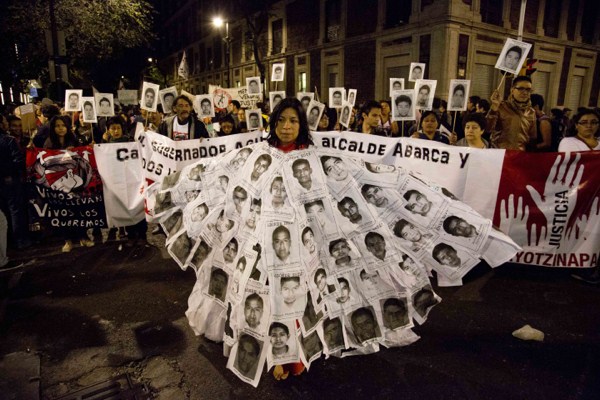Just over a year ago, Mexican President Enrique Pena Nieto celebrated the first victory of his lauded “Pact for Mexico” coalition after the country’s Senate passed an education reform bill aimed at wresting control of the education system from Mexico’s most powerful union. In subsequent months, he and his team passed a series of other reforms in telecommunications and energy, promising to kick-start a new era of investment and economic growth. This past August, after signing into law the secondary legislation implementing energy reform, Pena Nieto penned an op-ed in the Financial Times declaring that “Mexico’s reform agenda is now complete.”
But many teachers in impoverished areas of southern states such as Chiapas, Oaxaca and Guerrero, far removed from Mexico City’s modernity and development, are far less optimistic. Even as Pena Nieto and his team promote “Mexico’s Moment” and work to attract investment, teachers in those states have continued to aggressively oppose the education reform bill. Their opposition has been compounded by recent high-profile incidents of violence tied to drug cartels that have turned the spotlight both in Mexico and abroad away from Pena Nieto’s reform agenda and back on longstanding and unresolved problems of crime and corruption.
On Sept. 26, when municipal police and gunmen in civilian clothes—allegedly cartel hitmen—opened fire on a group of young teachers-in-training in Iguala, Guerrero, killing six—one of whom was skinned alive—and kidnapping more than 50 others, the grievances of rural teachers were pushed onto the international stage. In addition to exposing the uncomfortable connections between organized crime and local government in Mexico’s periphery, the horrors in Iguala have also drawn attention to the systemic flaws in public education in Mexico.

